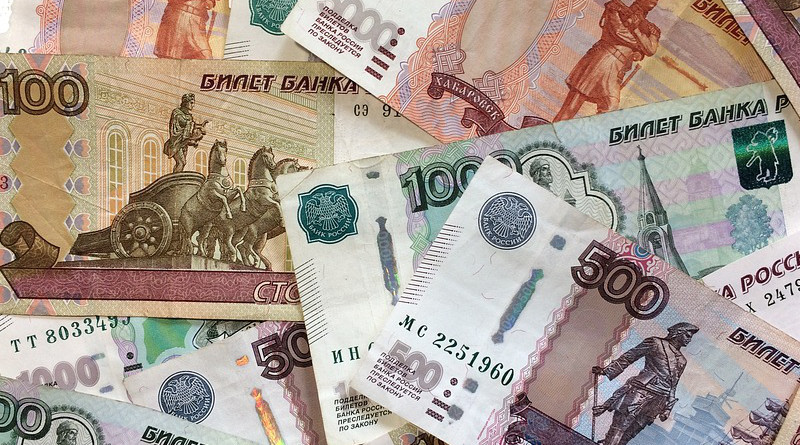Western Sanctions Affecting Not Only Russian Economy But Russian Environment – OpEd
By Paul Goble
The economic consequences of sanctions involving both the closing of Western plants in Russia and their replacement by Russian ones have been extensively covered; but a related consequence, the impact of these economic changes on the environment in the Russian Federation, has not.
That is unfortunate because sanctions and import substitution have had the effect of leading to a serious and rapid decline in the quality of air and water in that country, according to Arina Vasilchuk, an investigative journalist for the Kedr.Media news agency (kedr.media/stories/priroda-sankczij-5174).
Russian factories involved in import substitution not surprisingly contaminate the environment in Russia far more than did factories in other countries whose production Moscow as able to purchase in the past. But that is far from the only way that the sanctions regime has had a negative impact on the environment in that county, experts say.
Most of the equipment needed to ensure that factories don’t contaminate the surrounding air and water comes from the West. Now that Moscow can’t import such equipment, Russian firms are being allowed to put untreated wastes directly into the air and water, with consequent harm to the environment and the population.
Russia’s modest plans for improving environmental protection have been reduced, delayed or cancelled altogether “in connection with the new economic realities,” according to the ministry for economic development; and there seems little likelihood that this trend will be reversed anytime soon.
As a result, the air Russians breathe and the water they drink is increasingly contaminated. In the city of Nizhny Tagil, for example, residents are six to ten times more likely to have cancer than they would be if the city lived according to Russian environmental rules of the 2010s.
There are a few cases in which the current standoff with the West has had positive environmental consequences. The most prominent of these concerns the decision to postpone the development of a broad gage rail line across the Russian North. Putin says it will be built, but the Russian government has been cutting its budget and making its completion unlikely.
That will reduce the chance that Russian firms will despoil the north by mining and processing – and leave the country with cleaner air and water than would otherwise be the case.

